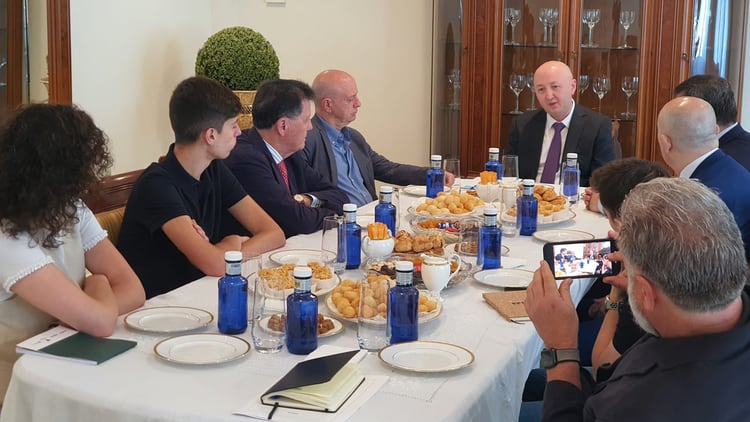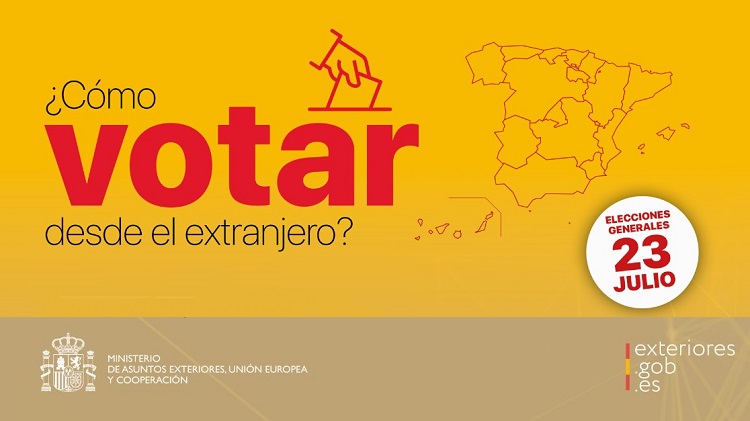Alberto Rubio
Kazakhstan’s ambassador to Spain, Danat Mussayev, stressed yesterday that the Astana International Forum, held on 8 and 9 June, showed that his country wants to be an important player in the new geopolitics that is opening up in the wake of the pandemic. During a meeting with journalists in Madrid, Mussayev defended the role of the Central Asian giant as a bridge for dialogue in a multilateral world.
This clear commitment to multilateralism, which has characterised Kazakhstan’s foreign policy over the last few decades, aims to avoid a new fragmentation “into blocs”, with which the former Soviet republic would “suffer the consequences” of its strategy of international openness.
In line with Kazakh President Kassym-Jomart Tokayev’s speech to the thousand or so guests attending the Forum, Mussayev listed the five main tasks that this body should carry out in the face of growing international tension: an open debate on the current world situation; identifying the main challenges and crises; confronting challenges with dialogue and cooperation; restoring and renewing multilateralism; and strengthening the voices in favour of peace and solidarity.
The Kazakh ambassador vindicated the role of the United Nations as “the only organisation that serves the interests of all humanity”, but defended the need to reform its Security Council in order to give it a more balanced character and contribute to consolidating trust between international actors.
In this respect, he insisted on Tokayev’s message to the Astana Forum that Kazakhstan “is an economic power in Central Asia and a reliable trade and economic partner”. He cited the smooth functioning of the Enhanced Partnership and Cooperation Agreement and the annual meetings of the Kazakhstan-EU Cooperation Council as examples.
He also pointed out that the European Bank for Reconstruction and Development (EBRD) has already shown interest in the Middle Corridor, the international trans-Caspian freight route linking China to the EU without passing through Russia, although it has not yet specified its proposals for action. “The Middle Corridor is a priority and strategic route for the European Union” and will represent an “investment opportunity” between the European continent and Central Asia, the Kazakh diplomat added.
With regard to bilateral relations with Spain, he encouraged Spanish companies “not to miss the investment train” in Kazakhstan, a country that guarantees “political, legal and economic stability”. Currently, he said, 70% of bilateral trade agreements are exports from Kazakhstan to Spain, mainly related to the energy sector.






